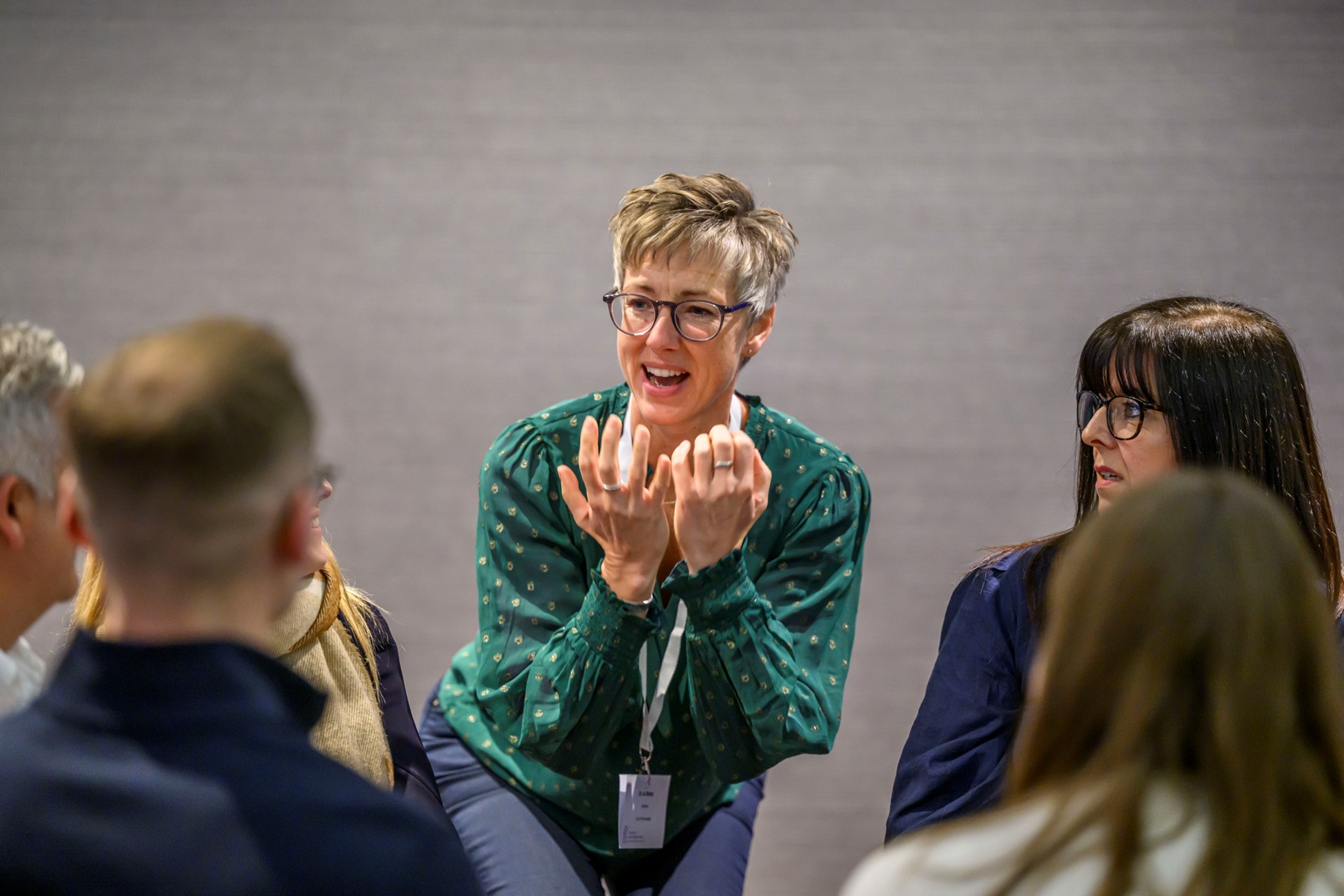
How do you balance your personal and professional identities in difficult work situations – especially when you work in the high-pressure environment of elite sports?
That was the issue addressed by University of Winchester academic Jo Batey (pictured) and top sports psychologist Sarah Murray in workshop for the British Psychological Society, entitled Navigating Critical Moments in Applied Practice
Their session, at the Society’s Division of Sport, and Exercise Psychology conference in Edinburgh, looked at how a person’s value and beliefs can be challenged in the world of sport where there is huge pressure to conform.
Sarah is a full-time applied sport psychologist having worked across various performance environments including nine years full-time in at a premier league football club. She runs her own business with clients including Ireland Football, England Rugby, the Premier League, the English Cricket Board and performance consultancy Mindflick.
Dr Jo Batey has worked with the GB archery squad, the Royal Navy rugby team, the British Armed Forces Mountaineering team and national league hockey sides as well as various football academies. She has also worked with individual performers across numerous sports.
Workshop participants were given some real-life scenarios from Jo and Sarah’s varied careers and were asked to discuss them in groups. These included an athlete making an inappropriate joke over a public address system and not being supported by the head coach in addressing this behaviour with the athlete and the wider squad.
Jo, a Senior Fellow in Knowledge Exchange (Sport and Exercise Psychology) at Winchester, said: “The workshop was well attended and received excellent feedback from delegates.”
She said the workshop, part-funded by University of Winchester Sport and Exercise Research Centre, was a great opportunity for Sarah and herself to share their knowledge with practitioners at all stages of their careers.
“Sharing challenging moments from practice enables others to feel less alone when they have to navigate unfamiliar and difficult situations,” said Jo. “It also provides a lens through which we might better reflect on the role of self in service delivery and how sport psychologists are impacted by performance environments.”
The workshop content will form part of book due to come out in 2024. Professional Skills in Sport Psychology Consultancy: Personal and Interpersonal Dynamics is co-edited by two colleagues at the University of Winchester, Dr Brian Hemmings and DrTim Holder, and Stacy Winter from St Mary’s University.
Back to media centre